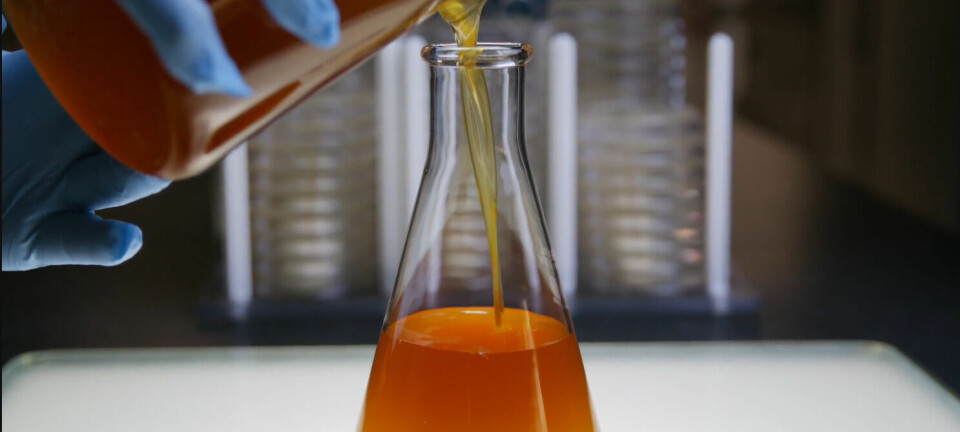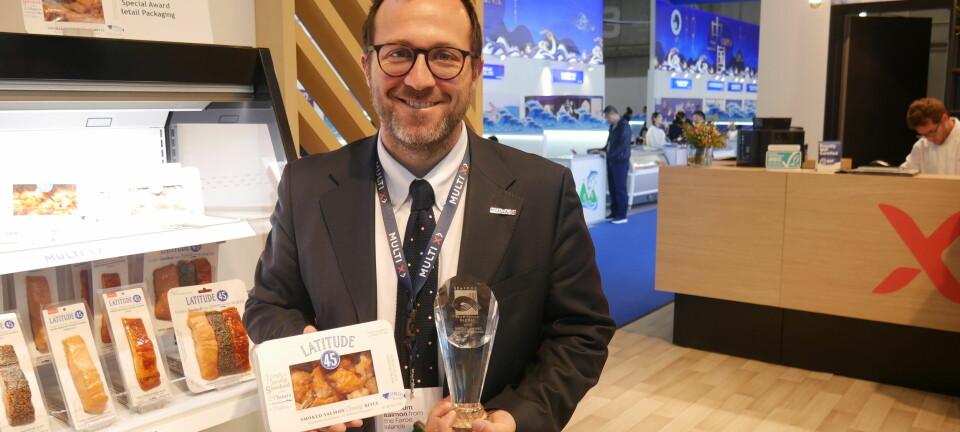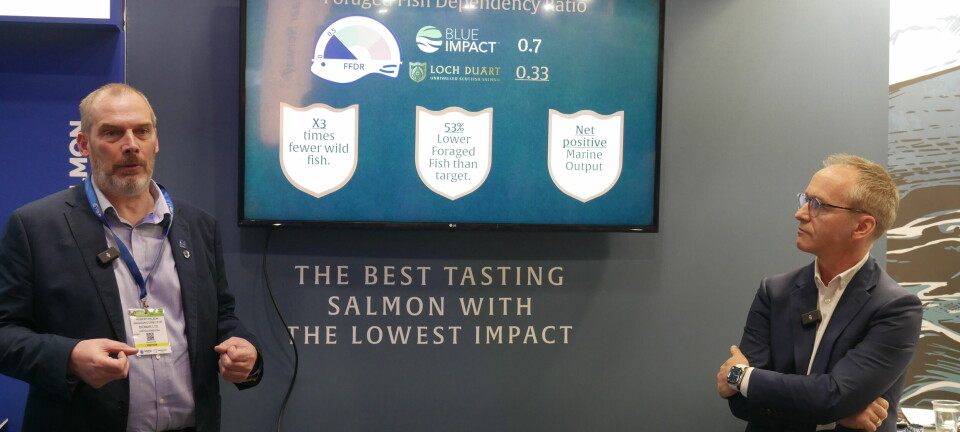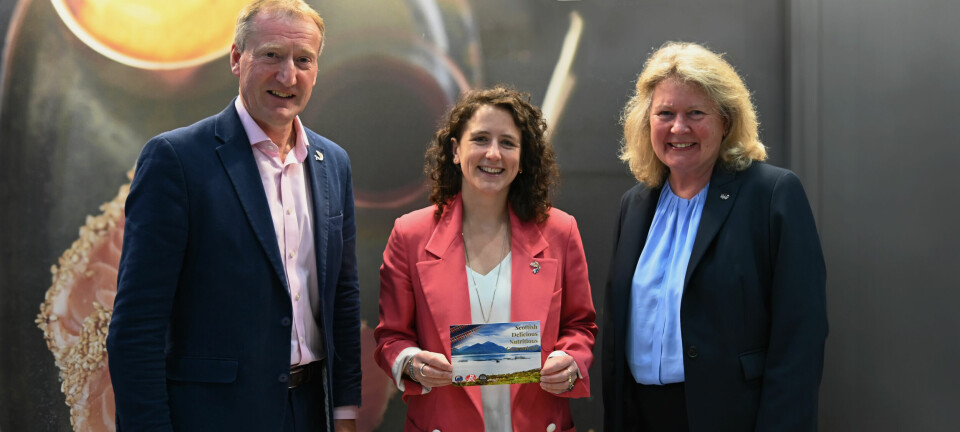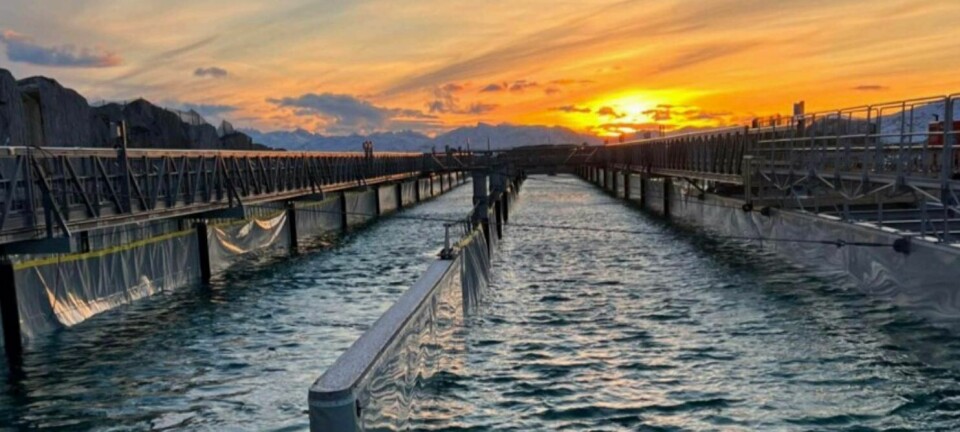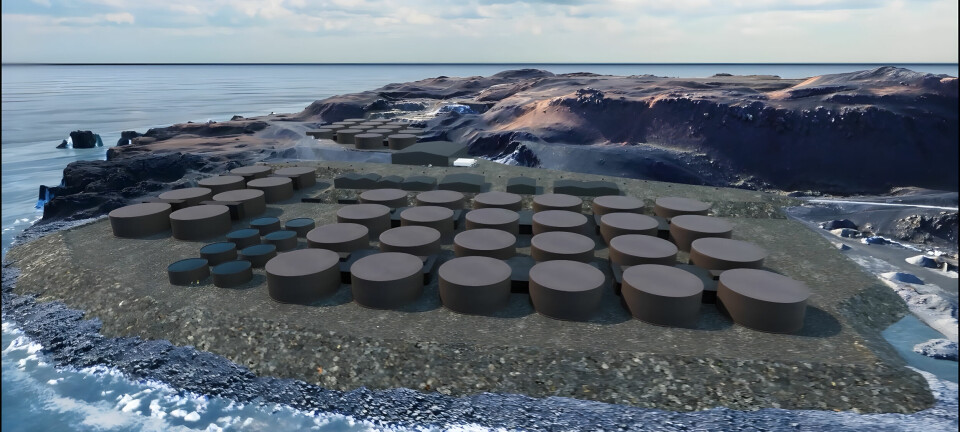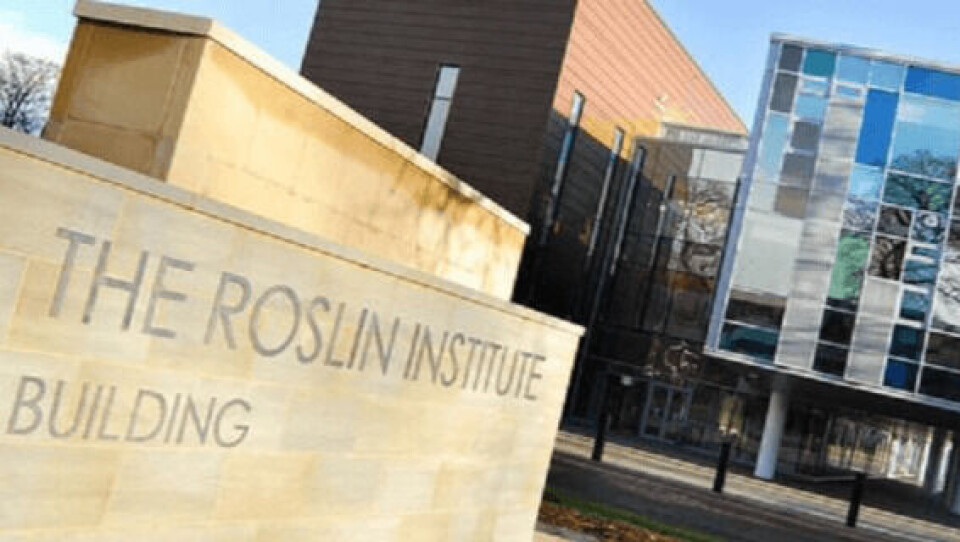
£500k on offer for start-ups to boost aquaculture sustainability
Early career researchers and industry professionals with an interest in science entrepreneurship are being offered up to £500,000 of investment in start-up companies that can “massively improve” the sustainability of aquaculture.
The Food and Agriculture Science Transformer (FAST) programme is a partnership between the University of Edinburgh’s Roslin Institute and Deep Science Ventures (DSV), owned by asset management firm Calibrate Management Limited.
Its purpose is to design innovative high growth start-ups operating exclusively in the agriculture sector. FAST concentrates on three areas: regenerative aquaculture, pollinator reinforcement and controlled environment agriculture (indoor farming).
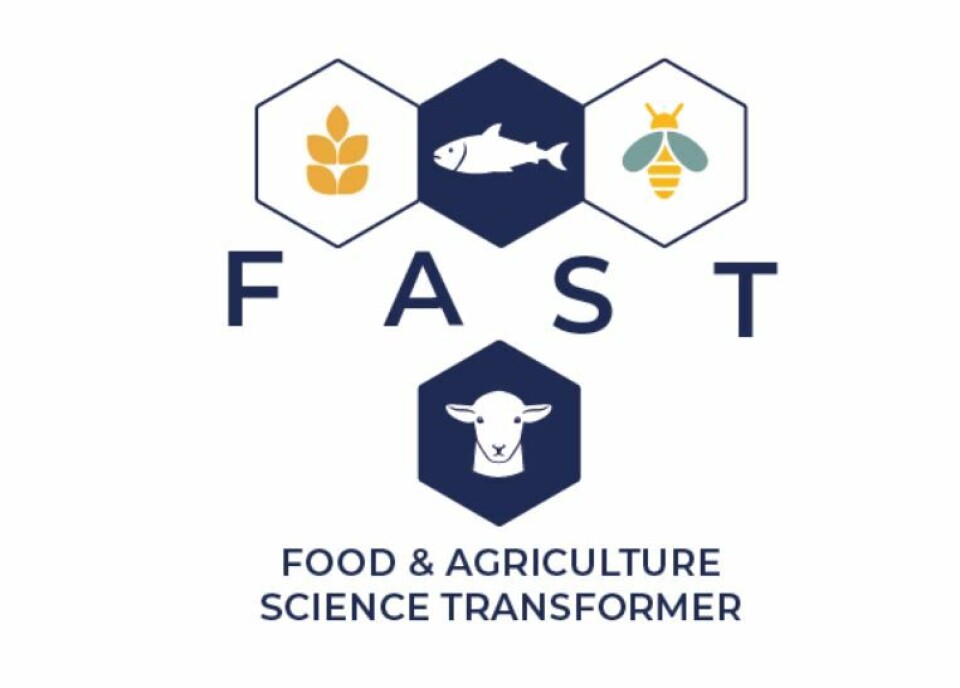
Highly driven candidates
FAST is currently recruiting people with specialist domain knowledge who want to co-found agritech companies. No prior intellectual property or “idea” is required, but those applying are expected to be highly driven people with expertise in agricultural technologies, and an overwhelming desire to change the way things are done.
“The human capability to mobilise calories from nature is primarily based on extractive technology regimes which are not aligned with the limits and needs of natural systems,” states DSV on its website.
“This ongoing imbalance has accelerated since the 1950s and now threatens the very bedrock of the natural bioeconomy, threatening to breach through tipping points that will affect the man-made one that sits on top of it.
“We see opportunities to create companies that reset the calorie equation by shifting agriculture away from being solely about production and extraction of calories, toward achieving this alongside the restoration (or avoidance of tampering with) the enabling natural systems that supply them.”
‘An extractive industry’
DSV argues that seafood producers are recognising the need for a shift to large scale aquaculture, but that the “right kind of aquaculture” not only has the lowest environmental footprint of all animal protein sources, but can also regenerate surrounding environments.
It adds that “aquaculture is still firmly an extractive industry with an overreliance on wild inputs for feeds, and the deployment of facilities into environments with highly limited flow waterways which are easily affected by pollution, waste build-up and competing users”.
“There is major potential to scale up the farming of a variety of plants and animal species with new aqua- and mariculture systems, and especially to progress deployment of aquaculture systems into vast oceans, providing critical bottlenecks in engineering and feed production can be overcome, which now seems likely,” contends DSV.
Microbiome manipulation
“Fish feeds and, in particular, probiotics have numerous opportunities to leverage contemporary science and knowledge, especially in microbiome manipulation, which has so far been missed by contemporary players.
“Beyond food security, aquaculture also offers sustainable and scalable alternatives to petrochemical-based fuels & fibres as scalable farming and collection of the novel seaweed strains comes online.”
DSV says the ideal candidate for the regenerative aquaculture division of FAST will have expertise and work experience in the wild fishing or aquaculture industry, with expertise across some of the following technical domains:
- Freshwater, near-shore or offshore aquaculture and husbandry
- Breeding or farming of finfish, macroalgae, crustacean or bivalve shellfish species
- Marine animal or plant biotechnology
- Seafood, fishing or seaweed farming techniques and technologies
- Offshore engineering, robotics and system automation
- Aquaculture feed formulation, probiotics, prebiotics and microfeed formulation
- Lignocellulosic digestion
- Microbiome consortia, methanogen and metabolomics expertise
- Marine or aquatic conservation
- Bioprocess engineering, genomics, synthetic biology, and blue bioeconomy.
The venture company offers successful applicants to founding analyst roles access to the systems and environment required to guide their thinking, and will pay them to start their own company and support them in building the founding team, and developing early data to land their first customers and investors.
Multidisciplinary teams
“The role transitions over time, with you initially working in an analyst role, scoping out your own project opportunities and working with a dedicated sector expert team at DSV to identify which could become companies,” states DSV.
“You will focus on mapping out the constraints and limitations currently leading to a lack of innovation in the sector, and build out high performance, multidisciplinary teams to augment your own capabilities and develop proof-of-concept IP in the lab, with access to the Roslin Innovation Centre at the University of Edinburgh. After a nine-month period we will support you in taking the role of CEO or CTO of one of the companies we design together.
“It’s a full time role working across market analysis, laboratory science and venture creation, and you’ll potentially be able to be part of the founding team for more than one new venture in the area (and own an equity stake in each one of them). DSV will provide up to £500k of investment to enable your start-up to conduct further six-figure research.”
A webinar will be held at 1pm tomorrow to officially launch the FAST programme. Register for the webinar here.
